Specialist fraud lawyers are in high demand as enforcers struggle to contain what is now the UK’s most commonly experienced crime.
Fraud cost the UK an estimated £190bn last year but it is hard to put a figure on the misery caused by fraudsters who drain health services and charities of funds, destroy businesses and ruin lives.
The glossy BBC drama McMafia (pictured below) tapped into the zeitgeist around Russian criminals operating out of London, but it only touched on the billions of pounds of criminal money believed to be laundered through the City.
Launching a Treasury Committee inquiry into economic crime, chair Nicky Morgan said one estimate suggests up to £4.4bn worth of UK properties may have been bought with suspicious wealth.
THE LOW DOWN
Billions of pounds of dirty money are washed in London every year, but white-collar crime degrades and debilitates every level of society. As enforcers struggle to keep up with fraudsters who are often both clever and charismatic, government has responded with increasingly draconian measures that test the boundaries of privacy, privilege and property rights. Technology is being deployed to address longstanding disclosure problems, but its flip side is the creation of lucrative new criminal avenues such as the manipulation of virtual currencies. Yet where there is flux, there are business opportunities. Solicitors globetrotting in search of illicit assets are aided in their quest by the seemingly irresistible urge of the criminal to flaunt his wealth. Policymakers remain slow to learn from high-profile scandals, however, and it could be that the seeds of the next scandal are being sown right now.
Thanks to the growth in cybercrime, fraud eats away at every level of society. It is now the most commonly experienced crime in England and Wales.
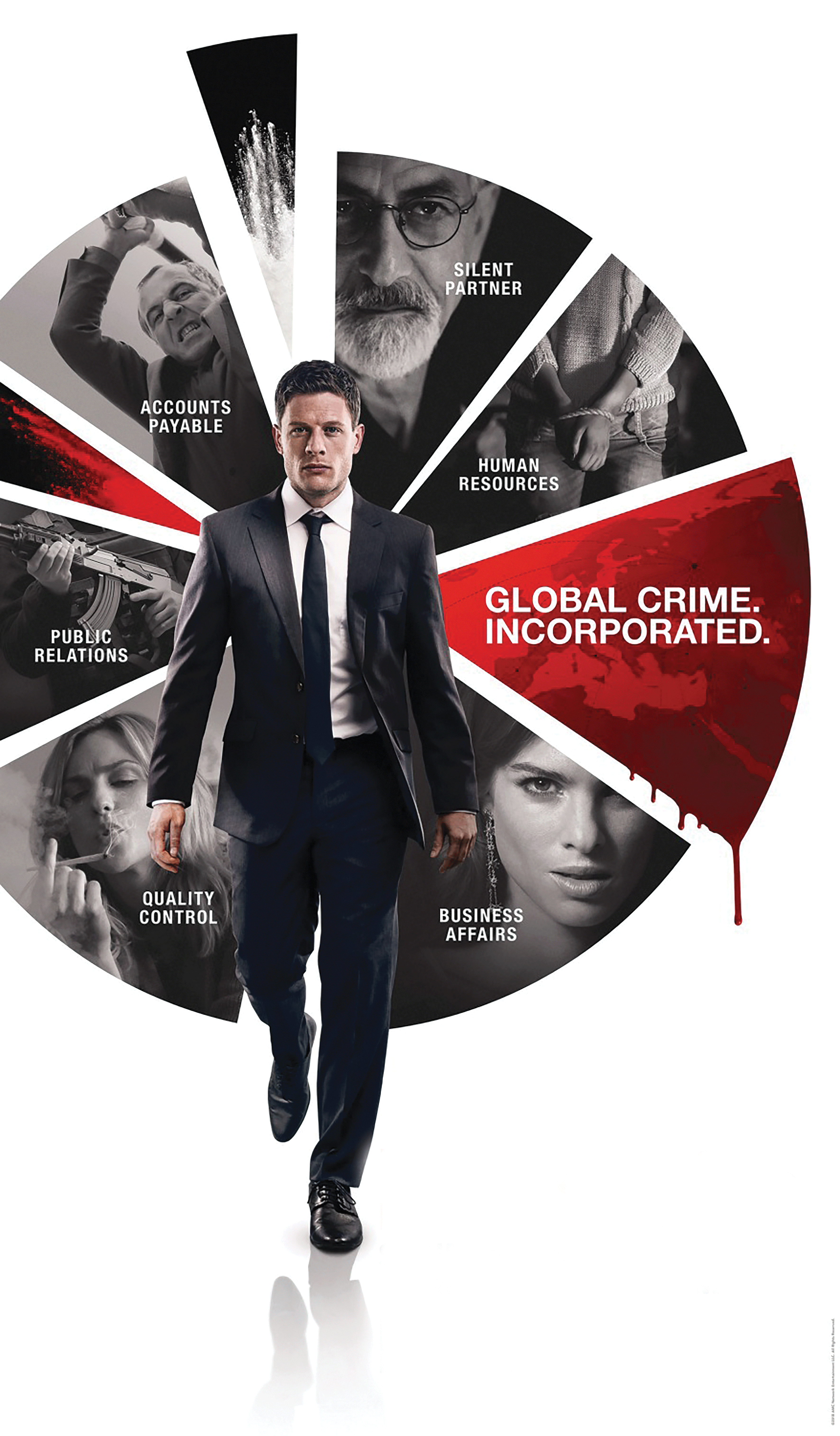
The government has responded with increasingly draconian measures including Unexplained Wealth Orders (UWOs). These can be used to force individuals suspected of a serious crime to explain the sources of their wealth, with any proceeds of crime seized by authorities.
Internationally, regulators last year dished out billions in fines for bribery and corruption. But fraudsters keep changing their game plan, with the manipulation of virtual currencies the next battleground.
Europol estimates that 4% of all criminal proceeds in Europe a re laundered through cryptocurrencies. That is $5.5bn (£4bn) in illegal money.
Governor of the Bank of England Mark Carney promised a clampdown on any use of cryptocurrency exchanges for money laundering and terrorism financing, while the Financial Conduct Authority (FCA) issued a statement reminding businesses that offer cryptocurrency derivatives of the requirement to be authorised.
Jo Torode, senior financial crime lawyer at US law firm Ropes & Gray, says the key is to regulate virtual currencies and blockchain (the technology underlying it) without stifling innovation. The US is taking the lead, she says, warning that the anonymity surrounding cryptocurrencies means people risk transacting with an individual or country subject to sanctions.
Unsurprisingly, specialist fraud lawyers are in demand, with high-profile moves between law enforcement agencies and private practice. It was reported last month that ex-FBI lawyer Lisa Osofsky, head of the London branch of an international regulation consultancy, is expected to succeed David Green QC as director of the 30-year-old Serious Fraud Office (SFO).
US firms are on the lookout for white-collar lawyers to build their City offerings. Pinsent Masons’ head of corporate crime Barry Vitou is joining US firm Greenberg Traurig to establish the firm’s first white-collar practice in London.
Earlier this year, Berwin Leighton Paisner’s investigations head Aaron Stephens joined King & Spalding. Last year Paul Hastings hired DLA Piper corporate crime partner Simon Airey to spearhead its new practice, while Latham & Watkins hired Stuart Alford QC from the SFO.
In March, UK firm Macfarlanes announced it was launching a white-collar practice with the hire of Eversheds Sutherland corporate crime and investigations head Neill Blundell.
The Crown Prosecution Service’s specialist fraud division (SFD) has also been hiring. Zoe Gascoyne, former partner at Liverpool-based Quinn Melville and winner in the private practice solicitor of the year category at last year’s Law Society Excellence Awards, joined as deputy chief crown prosecutor in the SFD’s Liverpool office. SFD head Kristin Jones joined from the SFO in 2016 – her team of 268, including 118 legal roles, is still 11 lawyers down.
The division’s budget – £25m for 2017/18 – is ‘plenty’, says Jones. ‘My problem is finding the bodies. There is a lot of competition for fraud lawyers in London. But solicitors make particularly good fraud prosecutors – and I say that as a barrister – because they start with the client and experience the whole case through to the end of the trial.’
So what is next on the fraud agenda?
Cases coming up include the Law Society’s intervention in the Court of Appeal battle between mining company the Eurasian Natural Resources Corporation and the SFO over legal professional privilege.
There will be a decision on criminal charges against former Rolls-Royce employees following last year’s £497m deferred prosecution agreement over bribery and corruption spanning three decades; the retrial of three ex-Tesco executives for alleged false accounting and fraud, after the original trial collapsed in early February when a defendant had a heart attack; and the fraud charges against Barclays over dealings in Qatar. Barclays denies wrongdoing and will defend itself against the charges.
In his final interview as SFO director, Green said he had gone from being ‘completely pro-jury’ to ‘edging towards a judge-only model’ for big fraud cases after inconsistencies in jury behaviour between the different Libor trials. This was criticised by the Law Society as ending the centuries-old principle that defendants should be tried by their peers.
PAYING WHISTLEBLOWERS
Is it time for an incentive scheme to reward whistleblowers?
Critics say the protections contained in the Public Interest Disclosure Act 1998 are inadequate; there are no guarantees
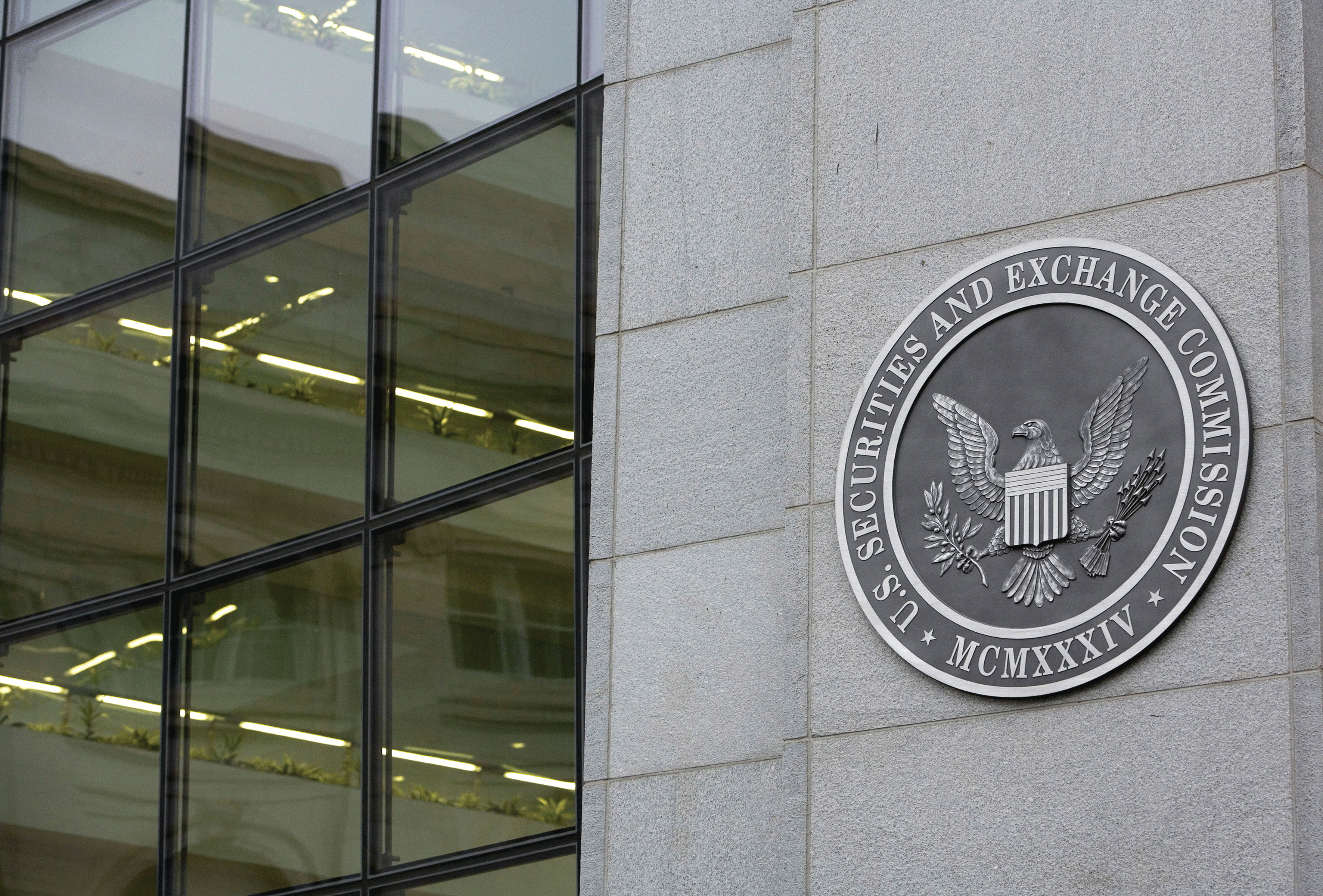
of anonymity and no incentives. In the US, whistleblowers can receive awards of up to 30% of any recovered funds. They can also remain anonymous – even to the authorities – with only their lawyers knowing their identities.
The Securities and Exchange Commission programme is the gold standard, says Mary Inman, a partner at US law firm
Constantine Cannon. Since it was set up in 2011, wrongdoers have been ordered to pay over $1bn and 51 whistleblowers have been awarded over $250m. So far, Britons lead the way in providing the most tip-offs from outside the US – 438 to date.
Inman believes the UK could design its own scheme with capped awards, as does fraud specialist Jonathan Fisher QC. He set up London-based Bright Line Law, which established the White Collar Crime Centre thinktank.
The centre’s recent report Opening Up Civil Recovery proposes an incentivisation scheme to fit within the Proceeds of Crime Act 2002. This would enable private individuals to bring a civil recovery action in the High Court against property held by their employer – either on their own or in collaboration with the private sector or an NGO. The court would give judicial oversight to safeguard against unsubstantiated claims. The whistleblower would collect a portion of any proceeds recovered, with the rest going to the state.
Awards could be limited to 5% or 10% of the proceeds, capped at a modest level. ‘The key,’ says Fisher, ‘is to prevent any incentives ballooning to a point where they become grotesque or senseless.’
Osofsky, if her appointment is confirmed, will come under scrutiny after she backed Theresa May’s long-standing desire to move the SFO under the ambit of the National Crime Agency (NCA). Fraud practitioners criticised that idea as potentially diminishing the SFO’s abilities. But Osofsky argued that combining the two would create a body, post-Brexit, that ‘goes after risks that threaten national security such as money laundering from major crime and even terrorism’, rather than the ‘classic’ SFO cases targeting individuals and brand names.
So far the SFO retains its independence, but at the end of last year the Home Office announced the creation of the National Economic Crime Centre (NECC), which will sit within the NCA and coordinate the UK’s operational response to economic crime.
At the CPS, Jones is having ‘significant input’ into what will emerge with the NECC. She says: ‘It certainly won’t impinge on my independence – it will only aid me.’
Other developments include the FCA consultation, which ends on 28 June, on adding chapters on insider dealing and market manipulation to the Financial Crime Guide for firms; the Sanctions and Anti-Money Laundering Bill currently going through parliament; and the Money Laundering Regulations 2017, which transpose the EU’s fourth anti-money laundering directive into UK law and introduce the beneficial ownership register so owners cannot hide assets held in complex webs of shell companies. The fifth AML directive will extend the latter regime to cover providers engaged in exchange services between virtual currencies.
The government may follow through o n its consultation to extend the Bribery Act 2010 to create a new offence of ‘failure to prevent’ economic crime, which would make corporate prosecutions easier to bring.
In a similar vein, the Criminal Finances Act 2017 (CFA) makes companies and partnerships criminally liable if they fail to prevent tax evasion by either a member of staff or an external agent.
The CFA also introduced UWOs, the first two of which the NCA granted in March to investigate whether UK properties worth £22m were paid for legally. Torode says these ‘far-reaching and draconian’ powers could be a ‘game-changer’, particularly if used with follow-on actions under part 5 of the Proceeds of Crime Act 2002 to seize criminal assets obtained by fraud, which can be done without having to prove a criminal offence. However, crime specialist Corker Binning says that UWOs ‘may not be the unstoppable money-gobbling juggernaut they first appear’, because English courts are hesitant to allow the state to confiscate private property.
While new powers are being tested, problems over disclosure continue. Last month a judge warned of ‘systemic failures’ in disclosing evidence after a £500,000 VAT fraud trial collapsed. A linked trial was also abandoned because of errors by investigating officers from HMRC.
The SFD, which deals with the most serious cases, including frauds on government departments, prosecuted 6,725 defendants in 2017/18, with a conviction rate of 84%, most following guilty pleas.
Jones says disclosure is the ‘first line of attack’ by the defence. She says the division works hard to have disclosure sorted before charging a defendant: ‘I was very surprised by how many more guilty pleas we have than in my previous roles, but it may be because we front-load disclosure.’
With so much data involved, both the police and SFO are trying out artificial intelligence (AI) which can process more than half a million documents a day.
‘Transparency is going to be an issue,’ Jones warns. ‘AI developers want to keep their IP to themselves but the result will be a lot of litigation over whether you can trust the technology.’ Alongside so many developments, there are also business opportunities.
The City of London Police, the UK’s lead force for economic crime investigations, is planning to advertise for a law firm or a corporate investigations agency to take part in a pilot where officers will put them together with victims of fraud to recover stolen assets on a contingency fee basis.
Detective Inspector Craig Mullish, head of the force’s financial investigation unit, tells the Gazette that they have identified two or three cases that are suitable for the pilot.

With law enforcement agencies overwhelmed by fraud cases, three senior lawyers experienced in major fraud prosecutions and regulatory work saw a gap in the market for a firm specialising in private prosecutions, setting up Edmonds Marshall McMahon (EMM) in 2012.
Barrister and founding partner Andrew Marshall recalls: ‘None of us were chips off a solicitors’ firm block. We had no clients and squatted in a room in my chambers.’
Six years on, the team has grown to 20, prosecuting hundreds of cases in the lower courts, as well as some in the Crown court including a three-month fraud trial at a London court with three trial counsel and a disclosure counsel.
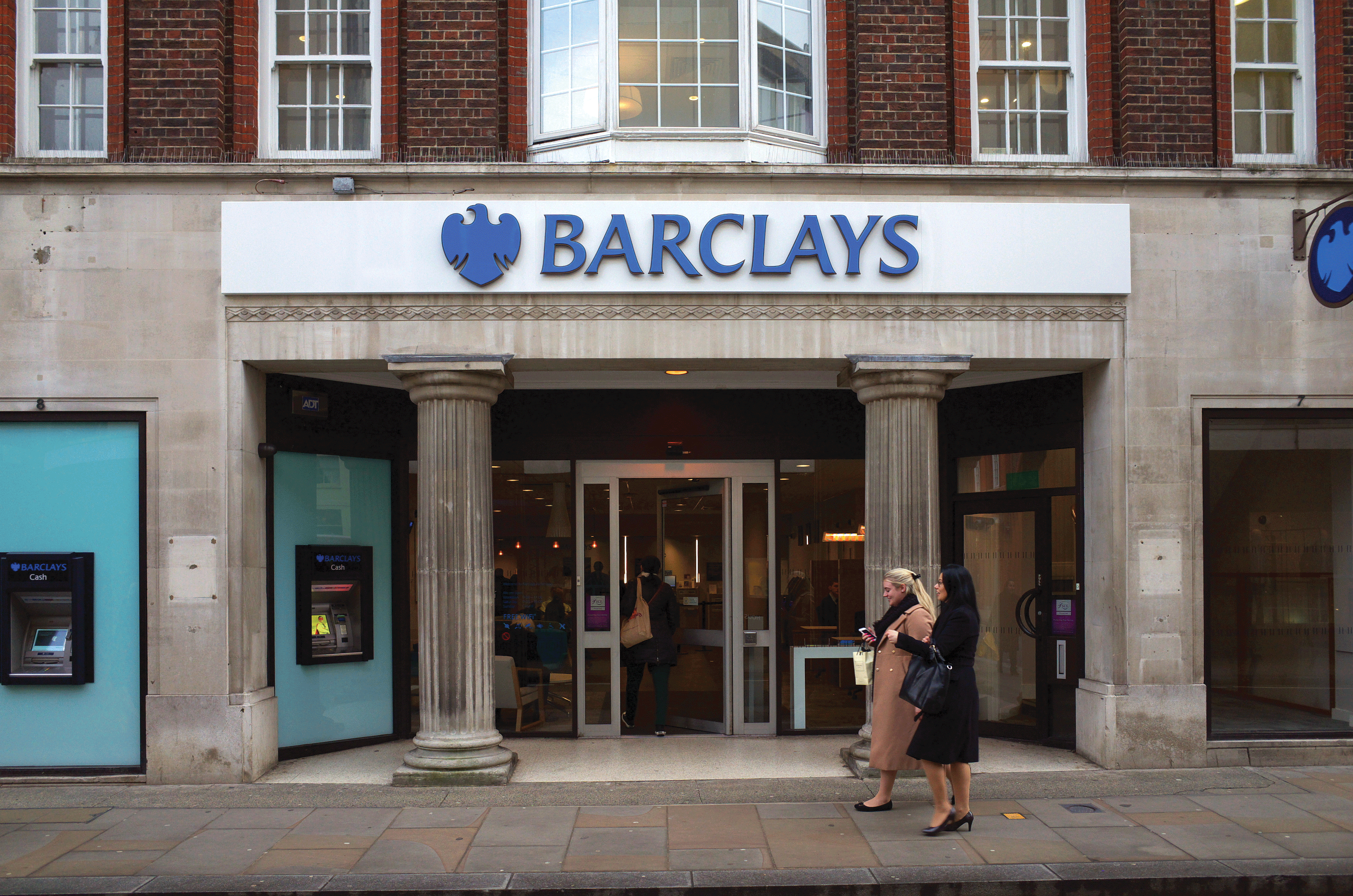
Marshall says clients are individuals or corporates who have been victims of frauds. The stolen assets may be dealt with in a civil case but victims also want the fraudsters held to account for their criminal conduct.
‘I did a three-week case in Manchester involving a property fraudster who had gone into bankruptcy,’ Marshall explains. ‘The money was dead but our client was determined to have justice. We brought a charge under the Insolvency Act and prosecuted him for telling a false statement and got a conviction.
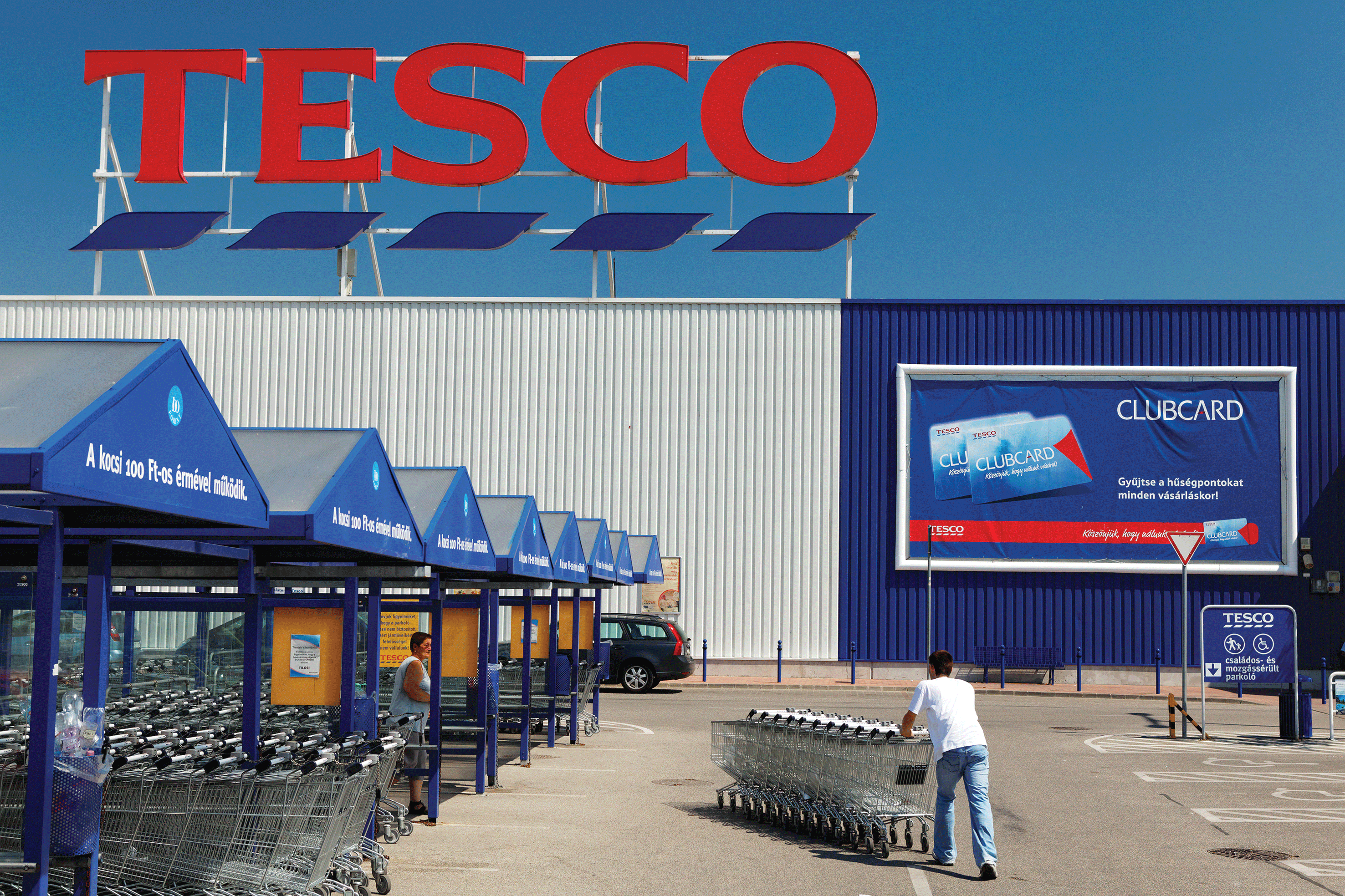
‘There are cost advantages to private prosecutions because you can get an order for costs out of central funds. The purpose is to recompense a citizen who has brought a prosecution – it is a historic right.’
What is important, he says, is that clients understand that ‘our primary duty is to the court and to justice – we aren’t their yapping dog’.
In the civil courts, senior associate Mary Young has been compiling a quarterly fraud update since she joined Kingsley Napley in 2016. ‘Over the last two years you can see the civil courts taking an increasingly tough approach in fraud cases and not being afraid to use contempt to punish wrongdoers and hand down custodial sentences,’ she says.
The courts are also willing to get to grips with the technology involved, she adds.
‘In CMOC v Persons Unknown [2017] EWHC 3599, the court was willing to take a creative approach and issue a freezing injunction without knowing the names of the people it was obtained against,’ explains Young. ‘The claimants were able to persuade the court that they had enough information to identify who had received the proceeds of the fraud but not enough to give their names because it was all done through computers.’
Two years ago, EMM launched a civil fraud team with the hire of Robert Hunter, Herbert Smith Freehills’ head of fraud and asset tracing.
Hunter has pursued asset-tracing claims and claims for breach of trust in all major offshore jurisdictions. He says many litigators now regard discretionary trusts as a ‘morally bankrupt device invented for a sensible purpose but now all too often abused for “asset protection”. We have got to a point where the law of equity is increasingly seen as thwarting, not assisting, justice by permitting these devices to be misused.’
Hunter has travelled extensively, following the money as fraudsters convert assets, cascade the money and split it up so it is hard to recognise where it came from.
‘But many are immature in their desire to flaunt their wealth,’ he says, ‘buying yachts, aircraft, works of art, jewellery… a ludicrously expensive house. The satisfaction in getting the money back for clients is immense because there will have been a long history of them being lied to and feeling powerless.’
Carroll Barry-Walsh has seen investigation work from every perspective – from a government department, to a top City law firm, to a leading bank and now her own consultancy. ‘Fraudsters can be very charismatic and there can be a lot of ego and bullshit around,’ she says. ‘But women are good at puncturing that, and they make good investigators because they are good listeners. Fraudsters also often underestimate women.
‘The seeds of the next scandal are probably being sown now,’ she warns. ‘Governments and companies have a golden opportunity to embed the lessons that should have been learnt from previous scandals, but long-term memories aren’t really valued. However, just introducing new rules and procedures is not enough because it is not the procedures that go wrong – it’s the people.’

Grania Langdon-Down is a freelance journalist























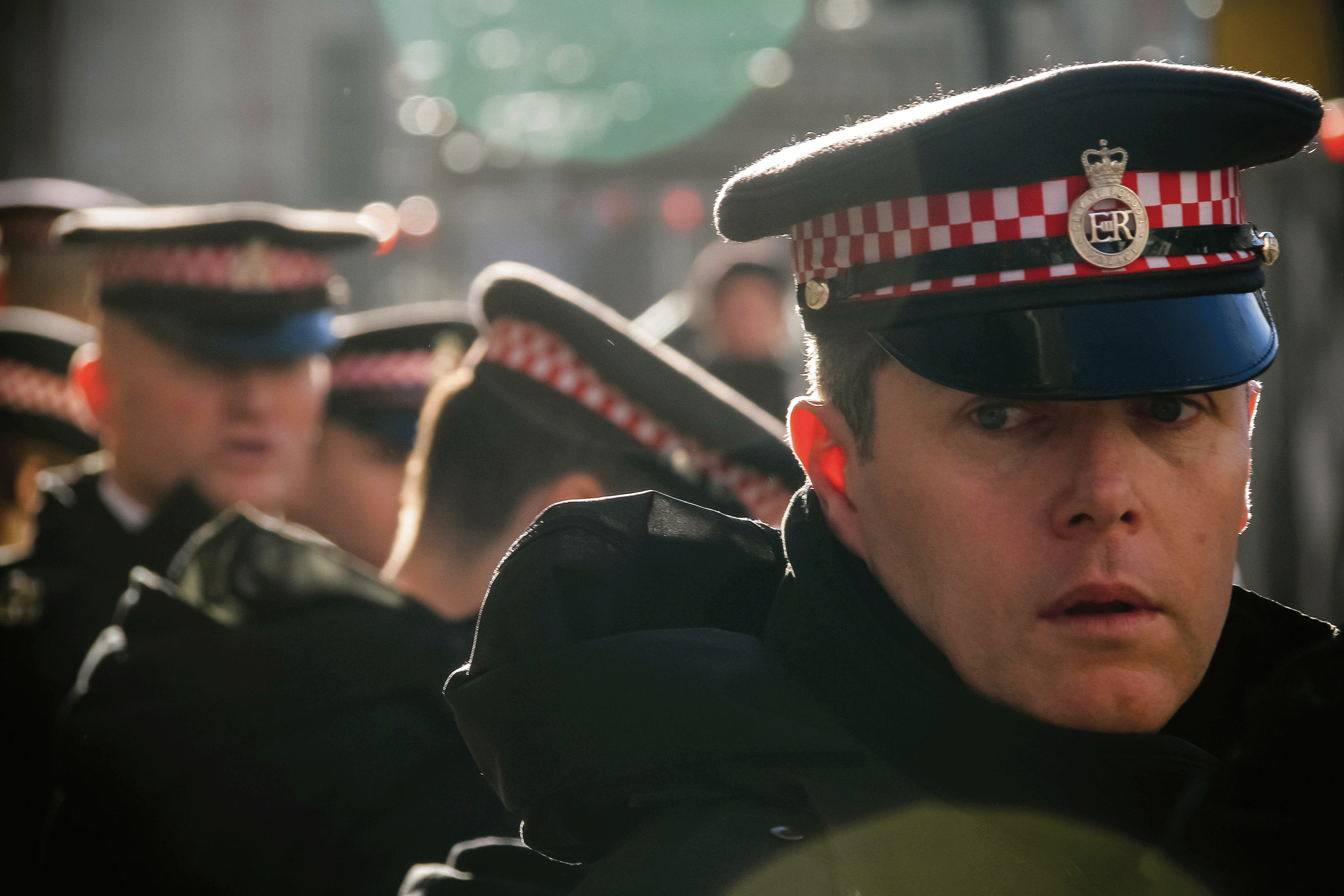





No comments yet